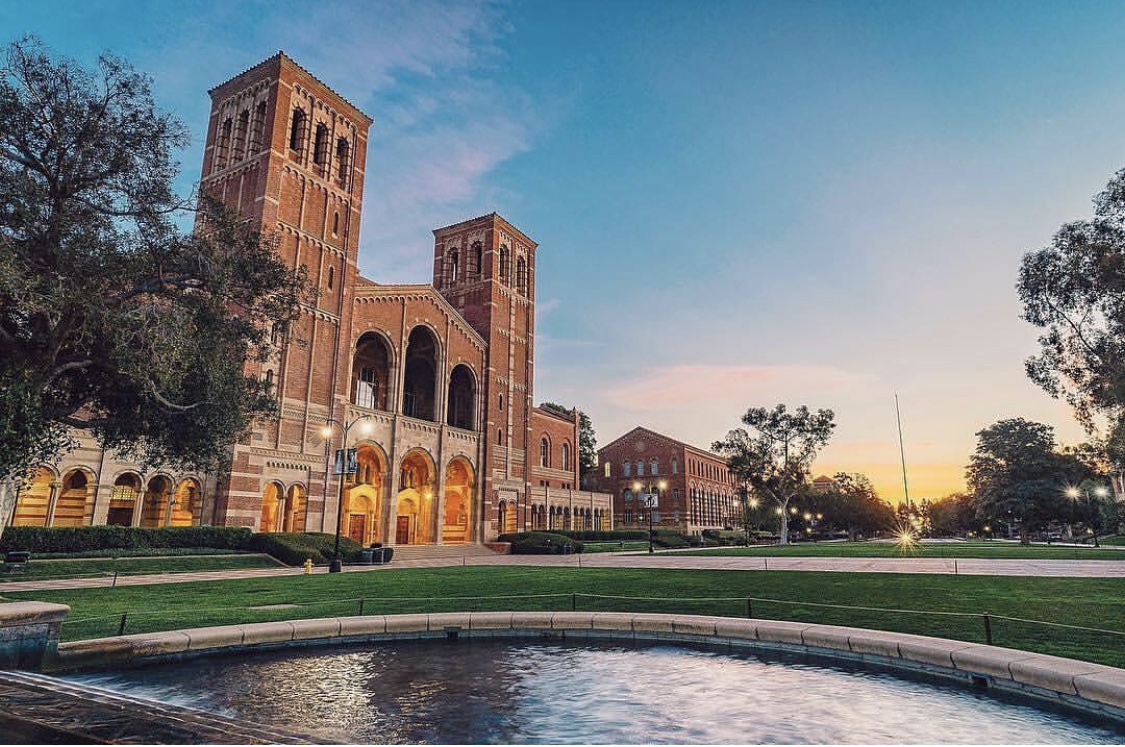
Yes, U.S. college admissions officers do look at students’ social media
Canadian writer Clive Thompson once remarked that looking at a stranger’s Twitter or Facebook for a day can feel like reading a short story — and following them for a month can feel like reading a novel. It’s not difficult to get to know someone through social media: their choice of words can reveal their personality, their photos provide a glimpse into their lifestyle, and the links they share suggest what issues they care about.
When it comes to college admissions, there are frequent reports that U.S. admissions officers browse applicants' social media profiles.
In April 2018, Kaplan released a survey revealing that 68% of U.S. college admissions officers believe reviewing an applicant’s social media is a fair part of the admissions process. Their rationale includes statements like: “Companies check applicants’ online presence — colleges should too,” and “It’s public information. If it’s searchable online, then it’s fair game.” That said, some officers remain opposed, believing evaluations should be based solely on submitted application materials. In fact, many schools now include optional fields for students to share personal website links in their application forms.
Though the proportion of officers who actually check students’ profiles has declined — from 40% last year to 29% this year — those who do say it directly affects their evaluation decisions. This trend coincides with students migrating from platforms like Facebook to others like Twitter, Instagram, and Snapchat.
A separate study by Inside Higher Ed found that 13% of private colleges and 2% of public universities have admissions officers who routinely check applicants’ social media accounts. Although only 14–15% of officers across both sectors feel this is reasonable, 54% of private college officers and 27% of public university officers agreed that if an applicant displays extremist behavior or views online, it should be factored into the admissions decision.
Based on these surveys, the overall influence of social media on college admissions may appear limited — but the following two real-life examples serve as cautionary tales.
In April 2017, Harvard College rescinded admission offers for at least ten students who had formed a private Facebook group titled “Harvard Memes for Horny Bourgeois Teens,” where they shared offensive content — including jokes about sexual assault, the Holocaust, and child abuse, as well as racially charged material. Even though the group was private, admissions officers discovered its existence and requested the students to turn over their posts and images. After a thorough review, several students had their admission offers withdrawn.
Later that same year, in August, a private high school discovered that a graduating senior had posted about being accepted to the University of Rochester. However, the school had never been contacted to submit official documents for that student. Upon further investigation, it was revealed the student had applied as a homeschooler and falsified information. The university immediately rescinded the offer once the deception was uncovered.
While academic records, test scores, and extracurriculars remain the primary criteria for admission, it’s clear that students' online activity can still significantly impact their chances. For students planning to study in the U.S., it’s critical to stay mindful of how they present themselves online.
From Admissions to Student Visas (Latest Update: 2025/07)
With the rise of platforms like Threads and TikTok, the scope of scrutiny is expanding. According to 2025 reports by Condé Nast Traveler and The Guardian, the U.S. government now requires all student and exchange visa applicants to disclose all social media handles used over the past five years — including Instagram, YouTube, TikTok, Threads, and others — when completing the DS-160 form. In some cases, applicants may even be required to set their profiles to public to allow embassy staff to conduct background checks. Accounts that are private, overly sanitized, or omitted altogether could be interpreted as attempts to conceal information and negatively impact the visa review.
This policy shift builds upon actions taken during Donald Trump’s administration. In early 2025, Trump issued an executive order aimed at increasing SEVIS (Student and Exchange Visitor Information System) monitoring of international students, particularly those involved in political activism or protests. Some students were flagged or even had their visas revoked simply for reposting or commenting on political content online. These “digital footprints” are increasingly analyzed using AI technologies to assess an applicant’s potential ideological risk, making one’s social media presence a key factor in U.S. visa decisions.
閱讀中文版文章:是的,美國大學招生委員會看學生的社群網站
高中在學輔導&申請大學輔導歡迎洽詢 A. League 教育顧問
